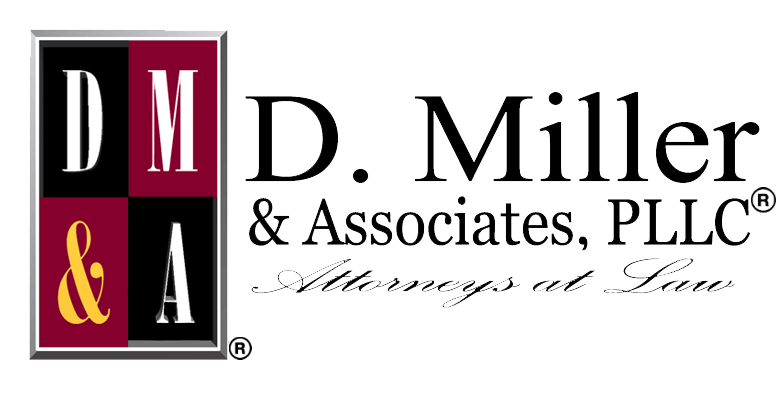
If you suffered injuries in an accident, you have the right to seek financial recovery with an insurance claim against the at-fault party. After filing your claim, you will hear from an insurance adjuster. While dealing with the insurance company may be the last thing on your mind after your accident, it is a good idea to prepare for this call.
Insurance companies exist to make a profit. To that end, their agents will look for reasons to reduce or deny your settlement. What you say during your initial conversation could affect the outcome of your claim. Here are seven things to know before speaking with an insurance adjuster:
1. Stay Calm and Be Polite
After a car accident, you are probably (and understandably) upset. Keep in mind that your accident is not the insurance adjuster’s fault. When they contact you, they are only doing their job. Do not let your anger or stress get the best of you.
Shouting, being rude, or losing your temper will not help your case. However, being polite and respectful could build goodwill that may help you down the road during settlement negotiations.
2. Take Notes
Have a paper and pen handy when the insurance adjuster calls to take detailed notes. You should record:
- The agent’s name and contact information
- Any information the agent gives
- Any information or statements you provide the agent
- Any requests made by you or the agent
3. Do Not Go into Detail About Your Accident
Provide the insurance adjuster with only basic information, such as your name, contact information, and the date and time of your accident. Do not go into detail, do not provide facts about your accident or information about witnesses, and do not speculate about who or what is at fault.
Basically, the more you say to an adjuster, the greater the chances they could misconstrue your statements or look for inconsistencies down the line.
4. Do Not Discuss Your Injuries at Length
It is best to give limited information about your injuries. You can simply say you suffered injuries and are seeking medical treatment. If necessary, you can say something general, like you broke your arm or injured your back, but do not go into detail.
According to Healthcare.gov, it is easy to underestimate the cost of medical treatment. For example, the site states that a broken leg alone can cost more than $7,000. For this reason, you want to make sure you consult with a medical professional and understand the full extent of your injuries and treatment before discussing them with an adjuster.
5. Do Not Allow the Insurance Adjuster to Record Your Conversation
Legally, you do not have to agree to give a recorded statement, and the insurance company cannot record you without your permission. You should politely but firmly refuse any requests to record your conversation.
Chances are, if you record a statement on the fly, it will lack information and may even contradict evidence uncovered through future investigation of your accident. The insurance company may use this statement against you and point to it as evidence of inconsistencies.
Instead of a recording, you should make your statement in writing. This gives you time to collect your thoughts, provide correct details, and consult with an attorney.
6. Do Not Accept the Insurance Company’s Initial Settlement Offer
The insurance adjuster may try to pressure you into agreeing to a hasty settlement. Do not accept any offers made during your first conversation. You need to make sure you understand the full scope and cost of your injuries. In general, you can seek financial recovery for:
- Medical bills
- Lost wages
- Personal property damages
- Pain and suffering
- Household services and miscellaneous expenses
- A loved one’s wrongful death
According to the Insurance Information Institute (III), the average bodily injury liability settlement was almost $16,000 in 2018, and the average property damage settlement was over $3,500. However, every claim is different, and your settlement amount will vary depending on factors unique to your accident.
7. An Attorney Can Speak With the Insurance Company on Your Behalf
A personal injury attorney with D. Miller & Associates, PLLC™ can assist you through the insurance claims process. We can communicate with the insurance adjuster, shielding you from pressure to settle and protecting you from saying something that could hurt your claim.
Our team can help you every step of the way, starting with filing your claims. When an insurance agent contacts you, you will be ready to refer them to our lawyers. Our team will also:
- Investigate your accident and collect evidence proving another party is at fault
- Obtain your medical bills and records
- Negotiate to achieve a fair settlement for you and your family
- Represent you in a personal injury lawsuit if necessary
Reach Out to D. Miller & Associates, PLLC™
To get started, call our offices at 1 (855) PRO-LAWYERS today for a free case evaluation.





